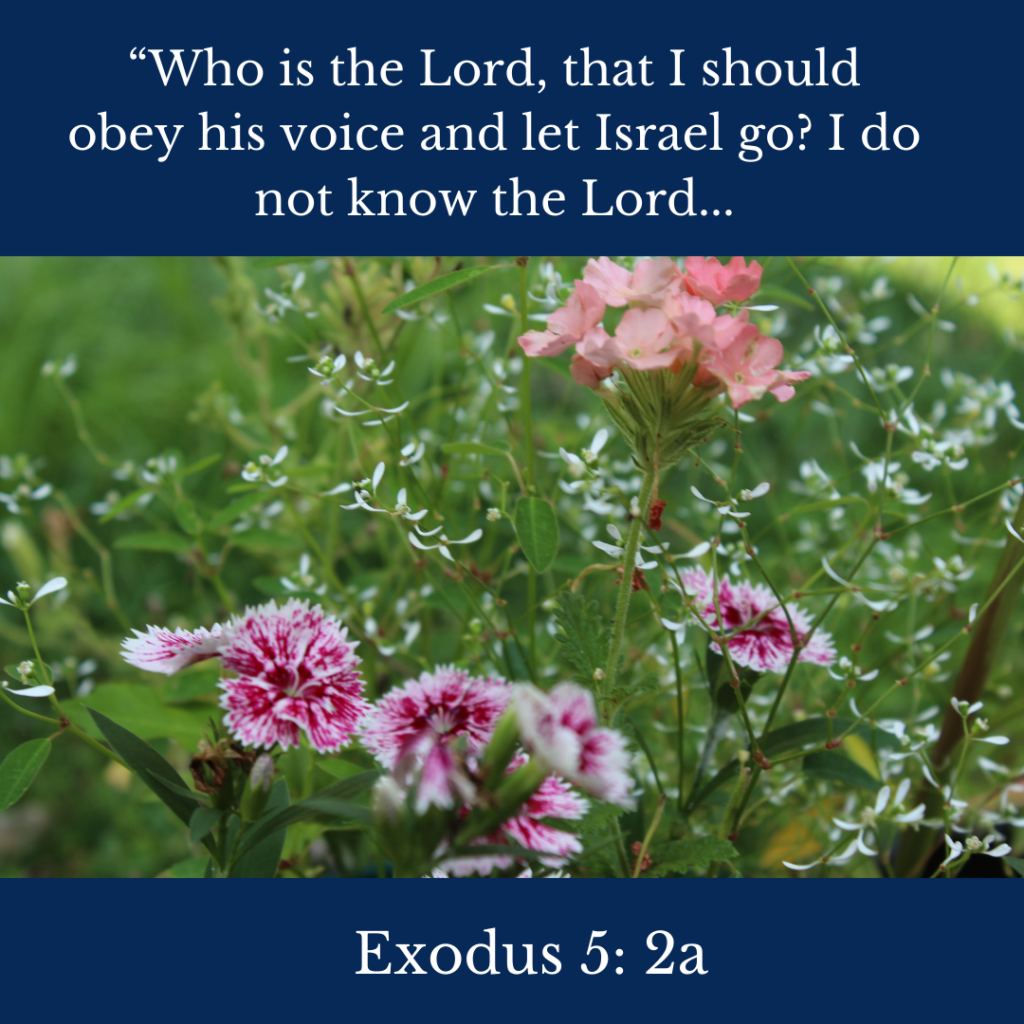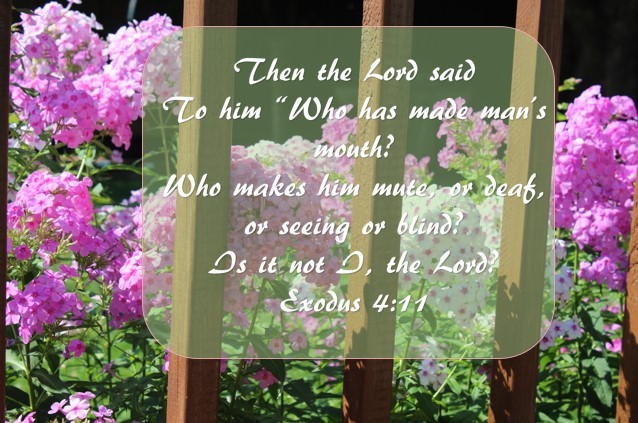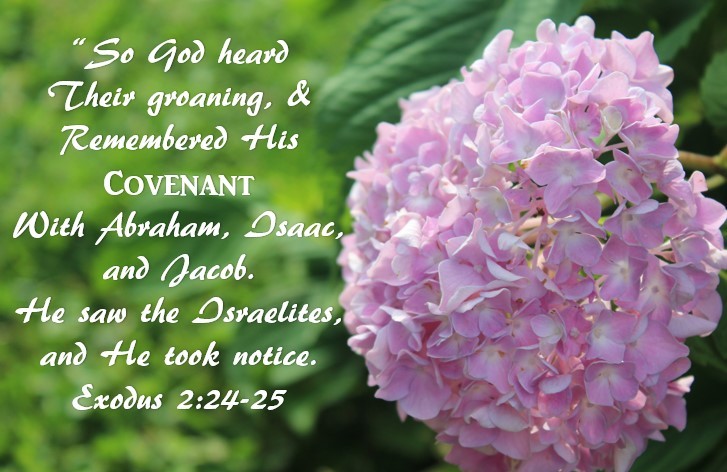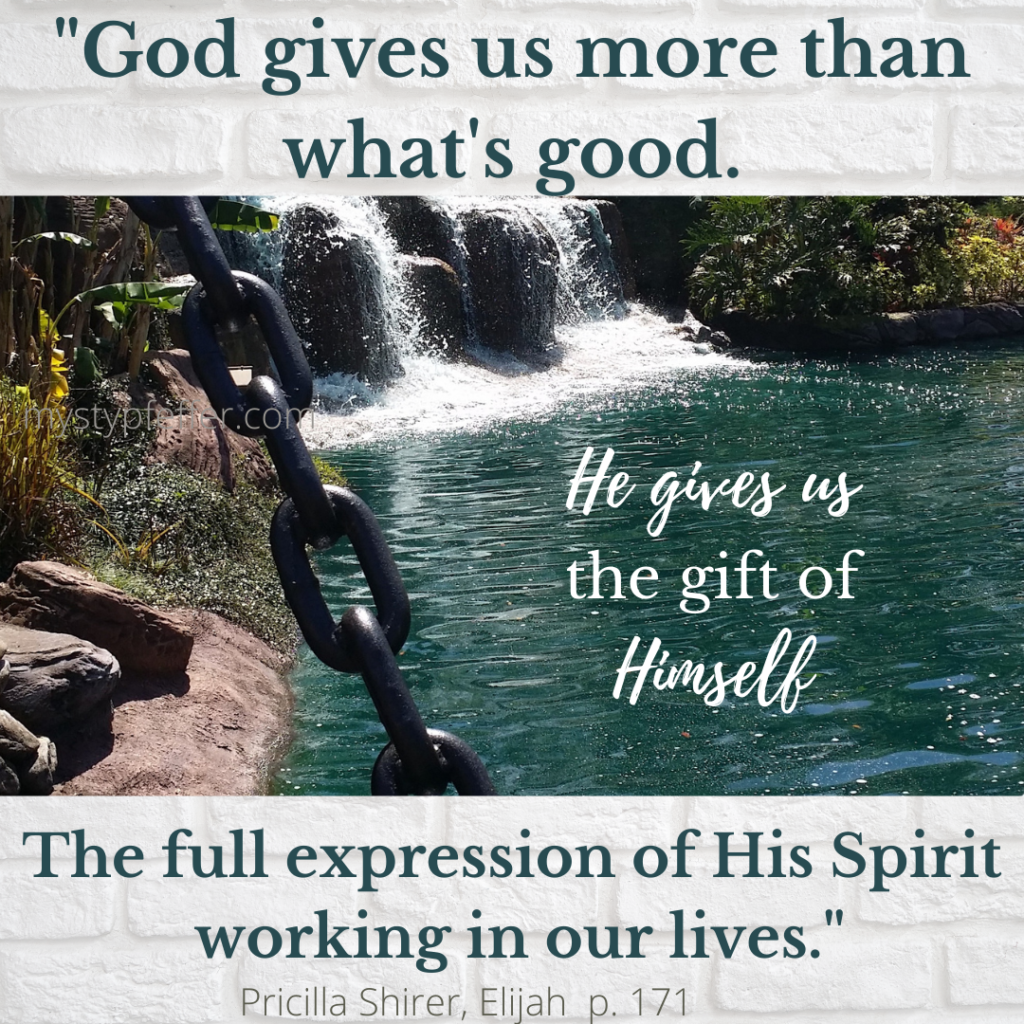Joshua Week One Day 1
Joshua
An Introduction
The freed slaves of Egypt have wondered in the desert for forty years under the leadership of Moses. Now, the Israelites are under the new guidance of his long-time apprentice, Joshua, and ready to enter the “Promised” land. The land God promised to their ancestor Abraham four hundred years ago. Joshua is no longer the young rambunctious spy ready to take on Canaan at around twenty years old. No, at twenty he had one responsibility; observing and reporting about the land. Now, he has the responsibility of the nation upon his shoulders. As leaders and parents, we can put ourselves in his shoes and understand his burden of responsibility for the people under his care. We too, know the promises of God, however the surmounting trials of our current culture challenge us daily in how we lead, speak, and influence those around us. Therefore, courage alongside faith is a must. As we begin the book of Joshua, may we remember God is with us in our everyday battles too. Through Him, in Him, and with Him we will overcome our fears and lead others to know and trust Him more. So, let’s get busy, shall we?
Who wrote the book?
Who were the recipients?
When was Joshua written?
Where did it happen?
What is Joshua about?
Word Study:
Be strong (Hebrew chazaq, be firm)—conveys a strength that grows. Although, the verb’s meaning is “tie or bind fast, gird” as in “girding the loins” the idea is that one secures a garment in order to free the legs for action. (Eph 6:14 1 Peter 1:13 lit “gird the loins of your mind”).
Courageous (Hb amats, be alert, firm, brave, strong, undaunted”). We see this often used in reference to one’s feet (being swift-footed) the verb figuratively means having an alert or vigorous mind.
Joshua was commanded not to be discouraged (Hb chatat “be broken down with fear, be dismayed or confounded” Dt 31:8).
“Have I not commanded you: be strong and courageous? Do not be afraid or discouraged, for the Lord your God is with you wherever you go”
Themes of Joshua
God’s covenant faithfulness to his people Israel’s entrance into the promised land and inheritance of God’s promises The Lord’s provision and protection, no matter how discouraging the circumstances The necessity of a believer’s obedience (The Holman Christian Standard Bible, 2015).
Read Joshua chapter 1.
Do you see who is talking directly to Joshua? What does he say to Joshua in verses 2-5?
Prepare to _________________________________________________
Your territory will be_________________________________________________
No one will be able __________________________________________________
I will be __________________________________________________________
What characteristic of God is shown in verses 2-5?_______________________________
Why do you think it was necessary for God to remind Joshua to be strong and courageous?
Do you remember from studying the bible who Joshua is? For a refresher, let’s look at his younger days. We can also follow his story from the following passages, please note alongside the passage Joshua’s role (job description) and his character if noted:
Exodus 17:8-13
Numbers 13:30-14:38) Gives us a clear picture of the journey and report of the twelve spies sent to scout the promised land when the Israelites were roaming in the wilderness. It is a bit long, but very helpful in understanding Joshua’s story.
Numbers 27:15-23
Deuteronomy 31:14-15:23
Now that we have a clear picture of what Joshua is up against and how he came to oversee the nation of Israel, we can also see his future will be just as challenging as Moses’s was. Therefore, God reassures him in the first chapter of Joshua.
Application:
Since we too, face challenges to be courageous, how does reading God’s promises to Joshua help you face your own circumstances?
What else did God show you in studying his word today?
Prayer: God in heaven, Father of all, your power and might always go before us. You are faithful to provide, protect, and deliver. As a loving Father, you expect obedience. Although, you allowed the consequences of Israel’s disobedience to alter their journey, you remained faithful. Just as our disobedience sometimes alters our circumstances, you are showing us the way apart from you is more painful. You are shaping and molding us slowly into the likeness of your Son through testing and trials. Please help us see through the difficulties, your great love and show us areas where we need to repent. Give us peace knowing you are with us and trust you completely in working ALL things for our good and your glory. In Jesus name I pray, Amen.
Joshua Week One Day 2
Be Strong and Courageous
Since the opposite of strong and courageous is weak, discouraged, and fearful we will look at emotions that stem from continual thoughts of uncertain outcomes like anxiety and fear.
So, let’s review our memory verse and live it out for the next 24 hours in everything we do.
“Haven’t I commanded you: be strong and courageous? Do not be afraid or discouraged, for the Lord your God is with you wherever you go”. (Joshua 1:9).
We are going to get a little deeper into chapter one so let’s reread it today.
Mathew 6:28
Mathew 6:31
Mathew 10:19
Luke 10:40-42
We see clear instruction not to be anxious about anything, however living it out is a very difficult thing to do in the heat of our circumstances. Not being anxious is a state of spiritual growth that will be different for every one of us. We may think of people we know who are new to Christ and just beginning to trust him in the little things. Newer Christians may have more concerns than those who have walked with him for many years. On the other hand, you can probably think of several people you know who have been faithful to the Lord in attending church all their lives, yet are constant worriers.
Therefore, spiritual growth does not necessarily coincide with number of years of following Christ. Maybe the heart of the matter is submission and trust.
Do I trust God if the worst thing happens?
Although I do not know the conversation going on in Joshua’s mind with the Lord that day, I do know, he was to lead Israel into the promised land. I also sense he had a tremendous amount of fear. When Moses laid out the blessings and curses before the people, they had the same choice you and I do. Trust God.
Deuteronomy 30: 11-16 says,
“This command that I give you today is certainly not too difficult or beyond your reach. It is not in heaven so that you have to ask, “Who will go up to heave and get it for us, so that we may follow it?
We read through part of Deuteronomy 30 on day one. The picture of Moses’ transition of leadership to Joshua is a beautiful thing for us to consider. Moses would not enter the earthly promised land, because God was taking him to the ultimate promised land. He reinforces to the people the reasons they should not be afraid.
Please read through Deuteronomy 30: 1-8 and list the them:
In reading these scriptures today, do you think anxious thoughts are a sin? Explain why or why not.
Application:
As we conclude today’s study, I hope we can pray this passage of scripture over the areas of fear we may be experiencing from our anxiousness today.
Prayer: God in heaven you see our hearts and you read our minds. We can pretend before others we are fearless and brave. Yet, you see the deepest fear of our hearts. They may be fear of losing health, fear of losing loved ones, or fear of death. But in this message, you teach us to trust you, Lord. Just as you went before Israel to face mighty enemies of the promised land, you go before us. Just as they feared the unknown, you reassured them through the words of promise. You will not forsake us, so thank you for this encouragement and hope for tomorrow.
Joshua Week 1 Day 3
Preparing the People
The book of Joshua is the first of the historical books of the bible following the Pentateuch, the first five books of the bible. The Pentateuch, written by Moses, contains the Torah or God’s law of instruction. It tells the beginning of creation, the beginning of sin, how mankind was separated from God, and it tells of God’s plan for redemption and salvation. The Torah, contains the ten commandments alongside the moral law, as well as the civil law (how to govern the people), and ceremonial laws (how to worship God).
In effect, God’s expectations, protection, and provision are clearly laid out in the Pentateuch in order to protect the people from themselves.
Considering the purpose of the first five books of the bible, what does God remind Joshua to do in chapter 1: 7-8?
Do not ________________________________________________
This book of instruction must not__________________________
You are to_____________________________________________
So that you may__________________________________________
For then you will__________________________________________
Joshua’s success was tied to his devotion to and continuous study of God’s whole instruction, the book of the law. He was told to recite (or meditate on) it, just as a person who would memorize and speak it aloud (HCSB, 2015).
1. How important is God’s Word to living and understanding the abundant life Jesus talked about in John 10:10?
2. Joshua takes command and begins to delegate orders to the officers of the people. What does he tell the officers to relate to all the people? (vs. 11)
3. The instructions to the tribes are recorded in verses 12-15, what are the fighting men to do?
4. How do these men respond?
They are ready to claim their inheritance and promise to obey Joshua just as they obeyed Moses, in everything. They even pray for God to be with him as he was with Moses. I love how these men pick up the theme for conquering the enemy…Above all, be strong and courageous!
Please Read Joshua Chapter 2
Do you find in interesting that Joshua only sends two spies instead of twelve to scout out Jericho? I do. In verse one, we meet Rahab the prostitute and learn the strategic place where her house is located. But, the king of Jericho knew a multitude of people were just across the Jordan and ready to take over, and he knew where to look for the spies.
5. What does the messenger tell Rahab and how does she respond? (vs 2-5)
6. Where were the men of Israel?
7. What does she say to the men of Israel and what does she do for them?
Rahab’s protection of the spies is like the midwives protecting the innocent babies born to the Hebrew women in Egypt at the time of Moses’ birth in Exodus. The greater purpose to save lives and answer to God verses answering to men took precedence. Her clear understanding of God’s plan to give the land to Israel had preceded the arrival of the spies.
8. What does she say to the men in chapter 2 verses 11-12
9. Do you consider that and her words in 11,12 and following actions in 13-16 a confession of faith? Look at Hebrews 11:31 to help with your ansHow excited the men were to report back to Joshua the results of their mission! What do they tell him in 2:24?
10. What statements in your reading today reminded you of God’s—-A. faithfulness B. promises, his provision C. protection and D. required obedience?
Application:
How does God’s character and his promises shown in this passage today encourage you to boldly live according to your faith, amid overwhelming pressure, fear, or uncertainty?
Prayer:
God in heaven, your faithfulness to your people is warming my heart. I have faltered in speech and action so many times, just as Israel did in the wilderness. Despite that, you forgive and encourage me through your mighty Word. I am grateful, humbled, and eager to change my weaknesses into strengths. Knowing your power and might rule over large armies, bigger obstacles, enemies of spiritual and physical destruction, I can live abundantly. Thank you, for sending your son to conquer my enemies of fear and oppression. In Jesus name I pray, Amen.
Week 1 Day 4
The Lord of All the Earth
In today’s reading of Joshua chapter 3 we will learn about preparing the strategy. Think about that word for a minute. Strategy is a plan put in place to achieve an overall goal. Does that make you think about your own overall goal in life?
It does me. Although I didn’t realize it at the beginning, the main reason I do bible study with this group has become clearer over the years. Not only do I want to be more like Christ, I want my sisters in Christ to live confident, faith-filled lives. Lives that see beyond our temporary circumstances and the world. In order to do that, we need the solid Word of God to guide us and gives us tools and strategies to stay the course.
Please Read Joshua Chapter 3
1. When did Joshua start his strategy? (vs 1).
2. Do you start your strategy early in the morning? If so, what do you do to prepare for the day? Are you preparing physically, spiritually, or maybe both?
3. After three days, what did the officers go through the camp and command the people to do?
4. What do you think is the significance of the “ark of the Lord your God” and why did they need to keep their distance? (vs 3-4)
According to the Holman Christian Standard study bible, the ark of the covenant symbolized God’s presence with His people. With the ark going before the people into battle, Israel’s strength did not come from their military might, but from the Lord’s presence with and defense of His people (HCSB, p. 316, 2015). We too, can keep Him and His Word ahead of us as we travel through a new climate of uncertainty in our own walk. He knows we are going to face things ahead that we have not experienced before.
5. What does Joshua tell the people to do in verse 5?
6. Look up the word consecrate and write the definition below:
“The term of worship commands a person to prepare herself to be purified, knowing that she will meet with God. That the Israelites were told to “consecrate yourselves” shows that their conquest was more than a military operation. It was also a spiritual journey” (HCSB, p. 316, 2015). The beauty of cleansing our conscience before the Lord is so we can see Him work wonders among us, too. That, my friend, is some serious strategy!
7. What were the priests carrying the ark of the covenant ordered to do? (vs. 8).
8. We know from yesterday’s study that the fear of God was upon the people of Canaan and this gave the Israelites confidence (Joshua 2:24). So, how does Joshua reinforce their confidence in verses 9-11?
9. We also learn in verse 15 that the Jordon was flooding at this point of their travel. However, what does Joshua tell them in verse 13?Can you just imagine the site of the flooding river coming to a standstill on both sides as the priests took that step of faith into the rapidly flowing water? What are we told about the water in verse 16?
Some of them may have been around long enough to remember the parting of the Red Sea. Therefore, seeing the presence of God going before them assures them, no obstacle in their journey is greater than God. Nor is any enemy bigger than God. He is the Lord of all the earth. The same is true for us, as believers in Christ. Since He goes before us, we can have confidence in the circumstances we face.
Look up the passage below and describe what is happening and who commands the water in this passage:
Luke 8:22-25
What statements in your reading today reminded you of God’s—-A. faithfulness B. promises, his provision C. protection and D. required obedience?
Application:
Since, we are followers of Christ and have submitted our lives to him, we can rest in his ability to go before us in the days ahead. It may difficult. In fact, it may be as scary as putting our feet into the flood of a raging river. However, using the strategy of rising early, consecrating our minds in readiness to worship Him, and facing the day knowing He goes before us, will give us the tools to overcome our fear and build bold faith.
Prayer: God of all the earth, you go before us daily. As David says in the 23rd Psalm, with you we lack nothing. We don’t have to fear danger because you are with us, your rod and your staff comfort us as tools for keeping us together in fellowship and encouragement. Apart, we tend to drift into the territory of the enemy. Bring us back with your handy staff, Lord. Bring the crook around our wandering necks and pull us close. The stifling pressure of the world thrives on fear tactics and sensationalism. Lord, please give us the power to implement the strategies to overcome the world! Just as you stopped the water and the waves, you’ll stop the force of fear. Lord, as a result, we will be filled with wonder in Your presence. In Jesus name I pray, Amen.






